Never had humanity reached an agreement as advanced as that of Paris. Never before has it been so close as now to take concrete action to prevent Global Warming from continuing its increase. It should also be noted that for the first time such terms as those of the Paris Agreement, sponsored by the UN, UNFCCC, were accepted by almost all countries on Earth. However, one issue is the good intentions, the spirit and letter of the agreements and another reality that is observed in practice, as has been seen in the past, whose most regrettable exponent was the failure of the Kyoto Protocol.
The purpose of this article is to alert some dangers to the Paris Agreement, negotiated in the framework of COP 21, Paris 2015, which provides for the limitation of global temperature increase to 2º C by the end of the century through the Reduction of greenhouse gas (GHG) emissions, causing global warming and climate change. This is to avoid consequences such as rising sea levels, floods, landslides, hurricanes, tornadoes, forest fires and other catastrophic phenomena, capable of producing immense damage and endangering many species that inhabit the Earth , Homo sapiens included.
To begin with, it is now anticipated that CO2 emissions will increase by up to 25% by 2030, further away from the main objective of the Paris Agreement, of keeping the global temperature below 2 ° C. But There are also other indications that may spark the conventions given in the French capital, which forces us not to be carried away by excess of optimism and to be more prudent in observing what some nations are doing and not believing in them Commitments they have acquired. There are still too many who are betting in the long run on cheap energy such as oil and natural gas, as well as sophisticated methods of extracting fossil fuels. Let us see the following headlines collected from different sources, which serve to illustrate what we say:
“The discovery of four large oil fields gives Pemex a breather.” “The discovery, on the coast of Tabasco, is the most important in five years and will increase production by 8.5%.” Mexico 11 Jun, 2015.
“Alaska: a ‘macro-discovery’ of oil could increase the proven reserves by 80%
“A discovery of 6 billion barrels of oil / Of that amount, about 2.4 billion barrels could be recoverable. (…). Alaskan oil reserves could grow 80 percent after Dallas-based Caelus Energy announced the discovery of 6 billion barrels in Arctic waters. “The discovery could be very exciting for the State of Alaska,” says the head of Caelus (…). “It has a magnitude that would allow it to play an important role in Alaska’s oil activity over the next three to four decades.” Eleconomista.es / Bloomberg 6 Oct, 2016.
“The largest shale oil deposit in US history is discovered in West Texas.” (…) The Wolfcamp field is located in the Permian basin, one of the richest energy regions in the southwest states United. (…). The US Geological Survey (USGS) said in a statement that it is the largest shale oil deposit ever discovered on US soil. (…) In addition to containing millions of barrels of oil, under the earth they calculate that there are about 16 trillion cubic feet of associated natural gas (which is mixed with petroleum) and 1.6 billion barrels of liquid natural gas. ” BBC World, Nov. 17, 2016.
“China will finance US $ 5 billion in Venezuelan oil projects … The commission also signed a pledge to accelerate the construction of the Jienyang refinery in China, with capacity to process 400,000 barrels of oil per day.” AFP – Feb 14, 2017.
“Caution in the oil world at the first steps of Trump.” “Experts warn that the outbreak of more US crude could reverse the rise in prices. OPEC welcomed the “new Republican administration and recalled that the United States is its first customer.” AFP, Feb. 25, 2017.
Our note: This news does not make a single mention about the effects that this oil overproduction will have on Climate Change nor that overproduction contravenes the main purpose of the Paris Agreement, such as the gradual reduction of the use of fossil fuels and Its replacement by clean energies.
“Exploring oil in the Arctic” “Exploring oil in the Arctic is technically a greater challenge than in another environment”.
Sandor Alejandro Gerendas-Kiss

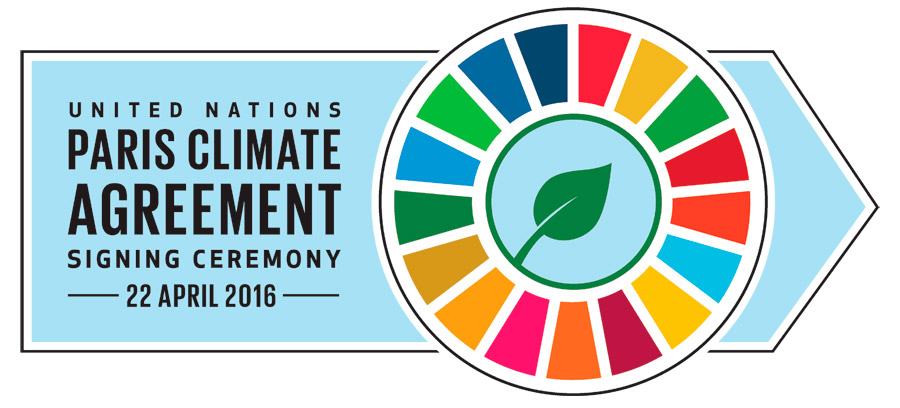
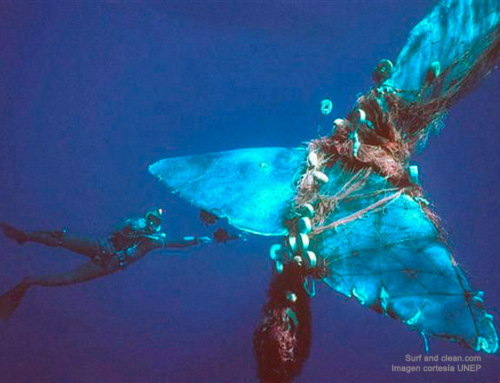
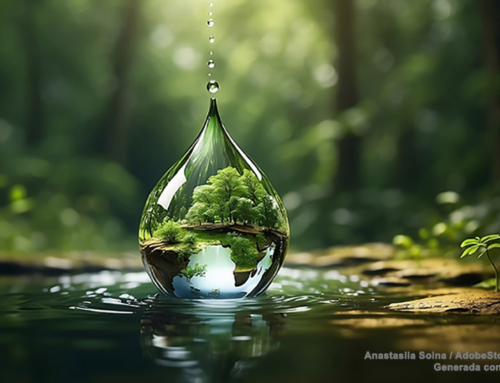
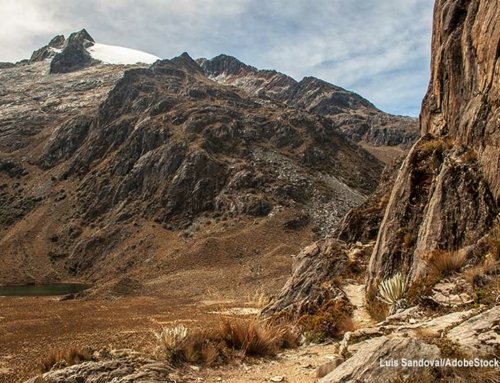

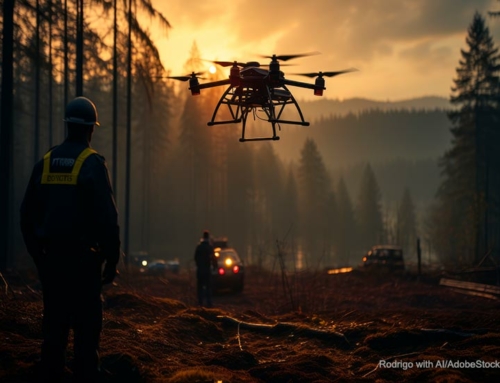
Leave A Comment